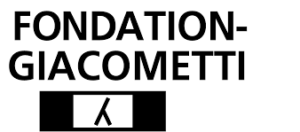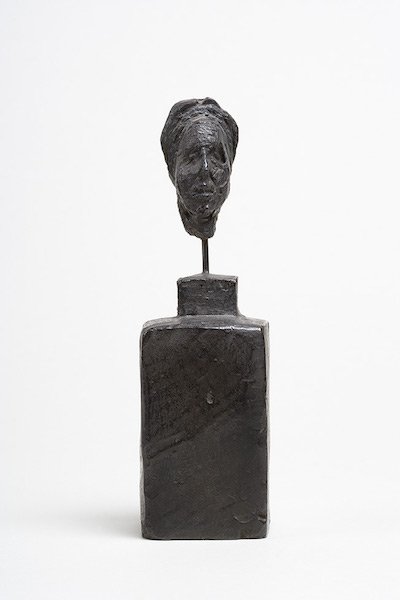Simone de Beauvoir, war correspondent
Lecture by Geneviève Fraisse, as part of the "Giacometti's time" series
Auditorium
Free entrance

Geneviève Fraisse, director of research emeritus at the CNRS and a philosopher of feminist thought, has been invited to talk about the life of Simone de Beauvoir, who saw herself as a "war correspondent" at the heart of philosophical, political and literary history.
In the heart of the Montparnasse district, Simone de Beauvoir and Jean-Paul Sartre met Alberto Giacometti at the brasserie Le Dôme in 1936, before really getting to know him in 1939. Simone de Beauvoir cultivated a friendship with the Giacometti couple that lasted until the artist's death in 1966. So much so that the sculptor became a character in his own right in her novel Le Sang des autres (1945).
As for Giacometti, to satisfy his creative obsession, he constantly asked his friends, including Simone de Beauvoir, to pose for him. The exhibition at Les Abattoirs includes Giacometti's famous 1946 bronze of Simone de Beauvoir's head.
"War correspondent", on the lookout for several points of view. The metaphor of the witness, of the journalist, places the subject who thinks and writes in a concrete situation, while abandoning the irenicism of the privileged thinker, the ideal of justice shared by the judges and the parties. The cogito, materialised by gender, is relativised by the impossible ideal of purity. Simone de Beauvoir was to be a "war correspondent", capable of recounting the battle on both sides of the confrontation between the sexes, on all sides, between acquired knowledge and a commitment to live.
Geneviève Fraisse
Geneviève Fraisse is a philosopher of feminist thought and director of emeritus research at the CNRS (CRAL/EHESS).
She works on the political epistemology of the gender controversy along three lines: the genealogy of democracy, concepts of civic and artistic emancipation and the philosophical problematisation of the sex/gender object.
She is the author of numerous books, including : Muse de la raison, démocratie exclusive et différence des sexes (1989, 2017), Les femmes et leur histoire (1998,2019), Du consentement (2007, 2017), Le Privilège de Simone de Beauvoir (2008, 2018), Les Excès du genre, concept, image, nudité, (2014, 2019), La Sexuation du monde, réflexions sur l’émancipation, (2016), La Suite de l’Histoire, actrices, créatrices (2019), Féminisme et philosophie (2020), Le Féminisme, ça pense ! presses du CNRS, 2023.
https://cnrs.academia.edu/genevieveFraisse
The exhibition "Le temps de Giacometti (1946-1966)" at Les Abattoirs, Musée - Frac Occitanie Toulouse, co-organised with the Fondation Giacometti, explores in a new way the art and life of the artist Alberto Giacometti in the context of the post-war period, up until his death in 1966.
About the Giacometti Foundation
The Giacometti Foundation is a private foundation of public utility created in 2003. It is the universal legatee of Annette Giacometti, the artist's widow, and owns the world's largest collection of works by Alberto Giacometti, with almost 10,000 works and objects. Based in Paris, it is directed by Catherine Grenier, general curator of heritage and art historian.
The Giacometti Foundation aims to protect, disseminate and promote Giacometti's work. It organises exhibitions, arranges loans in France and abroad, and organises the authentication committee for the artist's works.
The Institut Giacometti is the Giacometti Foundation's current exhibition space, which is also dedicated to art history research and teaching.


Alberto Giacometti
"Simone de Beauvoir", 1946
Bronze – 13,5 x 4,1 x 4,1 cm
Fondation Giacometti
© Succession Alberto Giacometti / Adagp, Paris 2023
